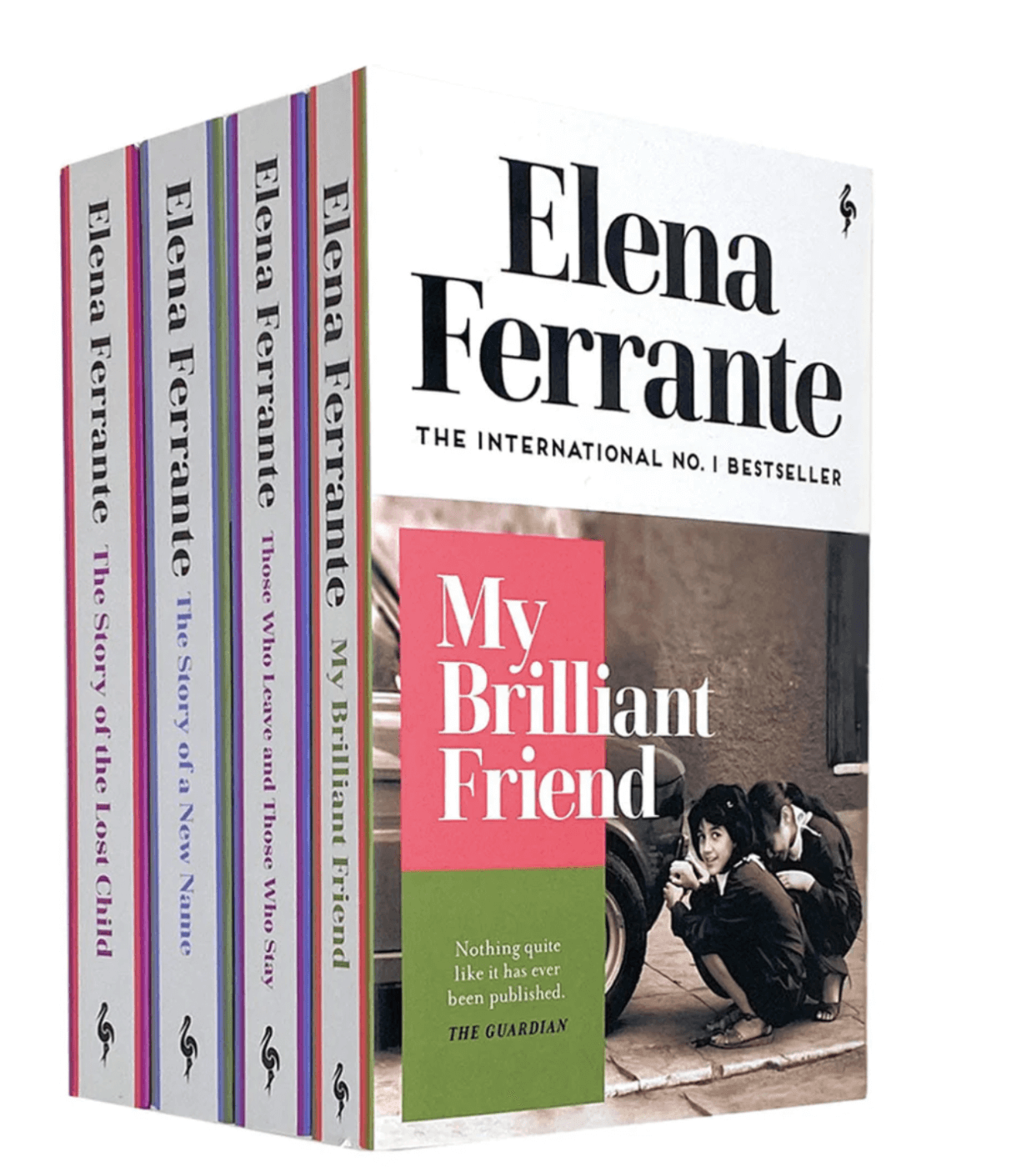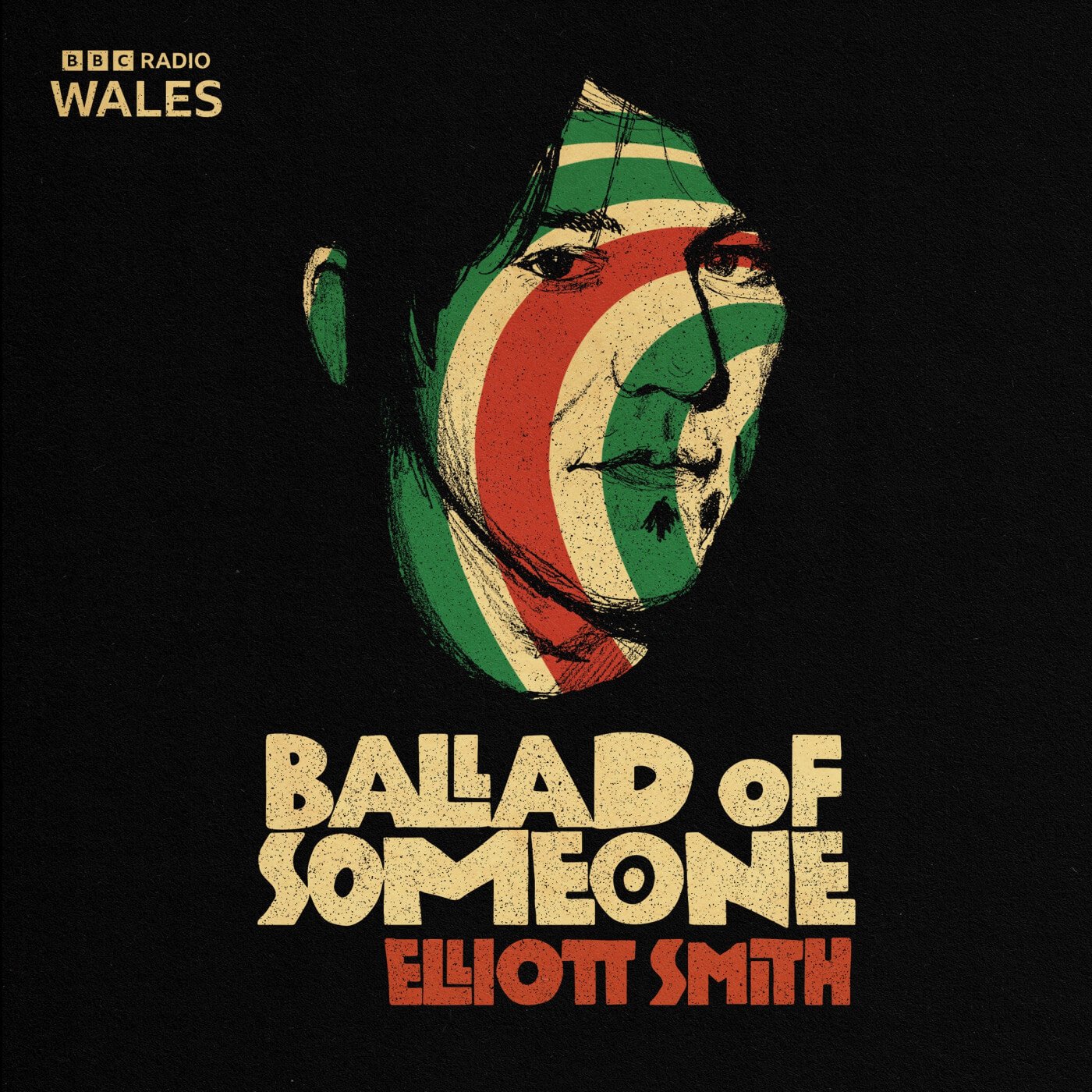Just felt moved to share these books with you. The Neapolitan Quartet by Elena Ferrante.
I've loved every paragraph. I've been transported & captivated.
Been meaning to read them for a while, so glad I made the time.
My Brilliant Friend
The Story of a New Name
Those Who Leave and Those Who Stay
The Story of the Lost Child
We lived in a world in which children and adults were often wounded, blood flowed from the wounds, they festered, and sometimes people died. One of the daughters of Signora Assunta, the fruit and vegetable seller, had stepped on a nail and died of tetanus. Signora Spagnuolo’s youngest child had died of croup. A cousin of mine, at the age of twenty, had gone one morning to move some rubble and that night was dead, crushed, the blood pouring out of his ears and mouth. My mother’s father had been killed when he fell from a scaffolding at a building site. The father of Signor Peluso was missing an arm, the lathe had caught him unawares. The sister of Giuseppina, Signor Peluso’s wife, had died of tuberculosis at twenty-two. The oldest son of Don Achille—I had never seen him, and yet I seemed to remember him—had gone to war and died twice: drowned in the Pacific Ocean, then eaten by sharks. The entire Melchiorre family had died clinging to each other, screaming with fear, in a bombardment. Old Signorina Clorinda had died inhaling gas instead of air. Giannino, who was in fourth grade when we were in first, had died one day because he had come across a bomb and touched it. Luigina, with whom we had played in the courtyard, or maybe not, she was only a name, had died of typhus. Our world was like that, full of words that killed: croup, tetanus, typhus, gas, war, lathe, rubble, work, bombardment, bomb, tuberculosis, infection. With these words and those years I bring back the many fears that accompanied me all my life.
You could also die of things that seemed normal. You could die, for example, if you were sweating and then drank cold water from the tap without first bathing your wrists: you’d break out in red spots, you’d start coughing, and be unable to breathe. You could die if you ate black cherries and didn’t spit out the pits. You could die if you chewed American gum and inadvertently swallowed it. You could die if you banged your temple. The temple, in particular, was a fragile place, we were all careful about it. Being hit with a stone could do it, and throwing stones was the norm. When we left school a gang of boys from the countryside, led by a kid called Enzo or Enzuccio, who was one of the children of Assunta the fruit and vegetable seller, began to throw rocks at us. They were angry because we were smarter than them. When the rocks came at us we ran away, except Lila, who kept walking at her regular pace and sometimes even stopped. She was very good at studying the trajectory of the stones and dodging them with an easy move that today I would call elegant. She had an older brother and maybe she had learned from him, I don’t know, I also had brothers, but they were younger than me and from them I had learned nothing. Still, when I realized that she had stayed behind, I stopped to wait for her, even though I was scared.
Already then there was something that kept me from abandoning her. I didn’t know her well; we had never spoken to each other, although we were constantly competing, in class and outside it. But in a confused way I felt that if I ran away with the others I would leave with her something of mine that she would never give back.
At first I stayed hidden, around a corner, and leaned out to see if Lila was coming. Then, since she wouldn’t budge, I forced myself to rejoin her; I handed her stones, and even threw some myself. But I did it without conviction: I did many things in my life without conviction; I always felt slightly detached from my own actions.
From My Brilliant Friend, Elena Ferrante





